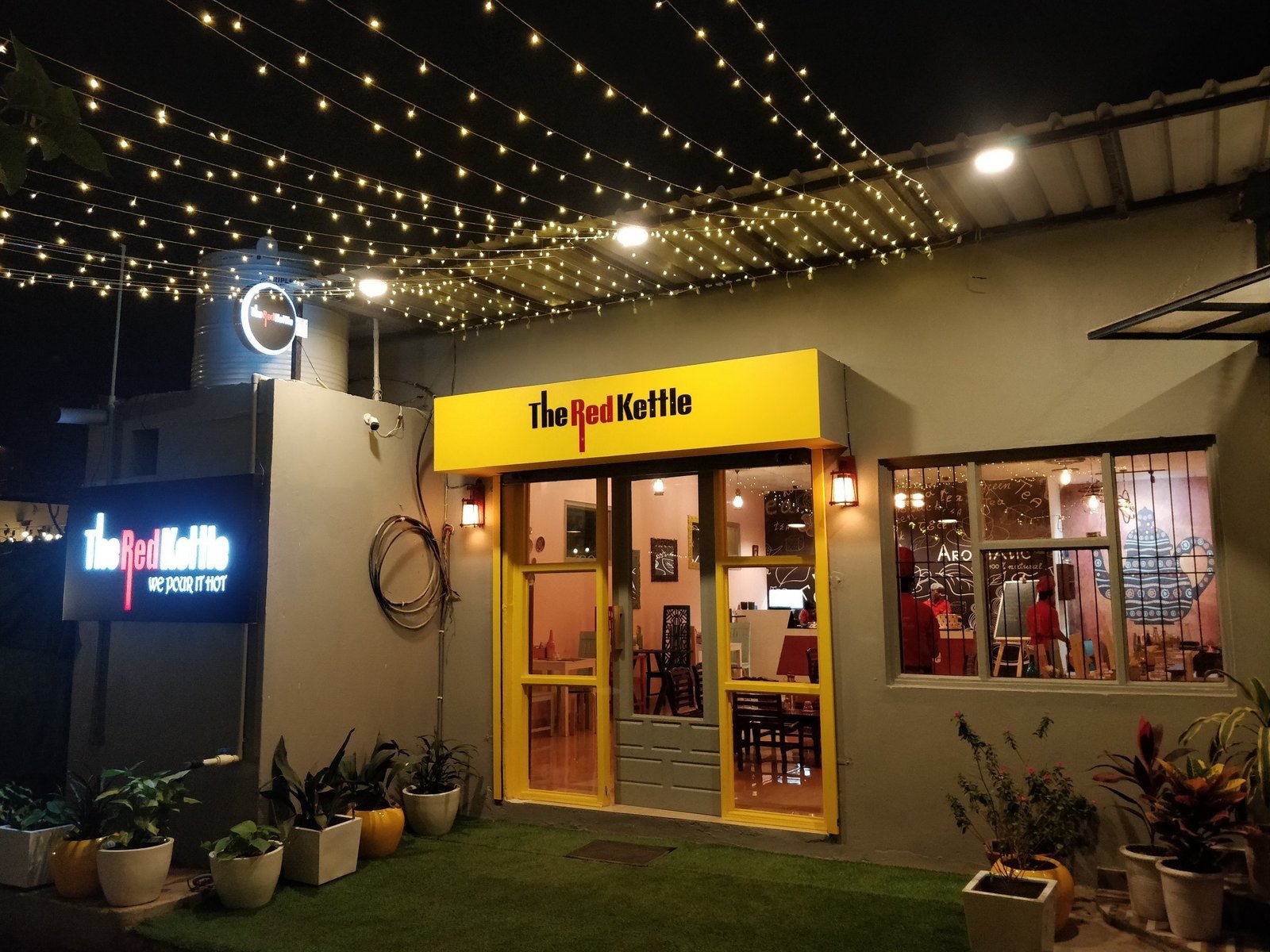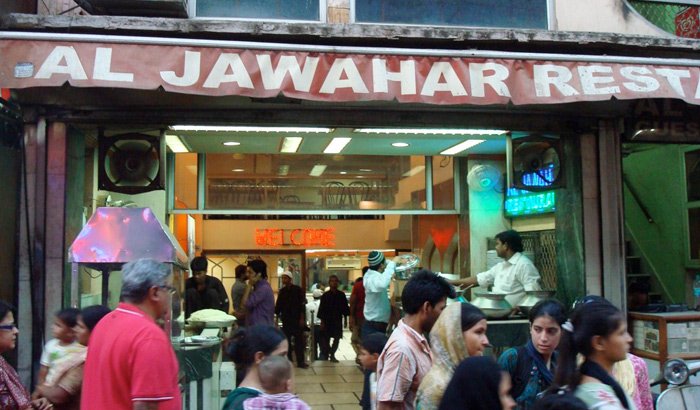Soon, Delhi is going to have a special place for poetry, and music. To celebrate and promote the centuries-old literary heritage of Delhi, the Delhi Wakf Board (DWB) is planning to transform the tomb complex of 17th-century mystic poet Mirza Abdul Qadir Bedil into an ‘open cultural center’.
Along with a cluster of graves without tombstones, including one of Sufi saint Khwaja Nooruddin Malik Yaar Parra’n, Bedil’s mausoleum — popularly known as ‘Bagh-e-Bedil’ — lies hidden in a fenced green area on Mathura Road next to the National Sports Club of India.

Once the restoration will be done, the site will be available for promising artists, especially the youth, for performances such as qawwalis, exhibitions, and poetry symposia.
This will be a true tribute to the celebrated poet, who is also popular in central Asian countries. Every year, several foreign dignitaries from Iran, Afghanistan, Tajikistan, and other places visit his grave.
The last time Bagh-e-Bedil was fixed up was when Republic of Tajikistan president Emomali Rahmon visited the poet’s sepulcher on August 2, 2006, following an invitation from the then president of India, APJ Abdul Kalam.
The DWB will establish a cultural society in Bedil’s name, which will be entrusted with the responsibility to organise regular events to create awareness about the poet’s work and Sufism in the national capital.
Work on the project will start as soon as the DWB gets possession of the complex. At present, it is under the custodianship of a caretaker, Misbah, who claims his family has been managing the site for years. He has been served a notice to prove his claim of Mutawalliship (custodianship).
Read the whole story here.
Cover Image Courtesy | Source


